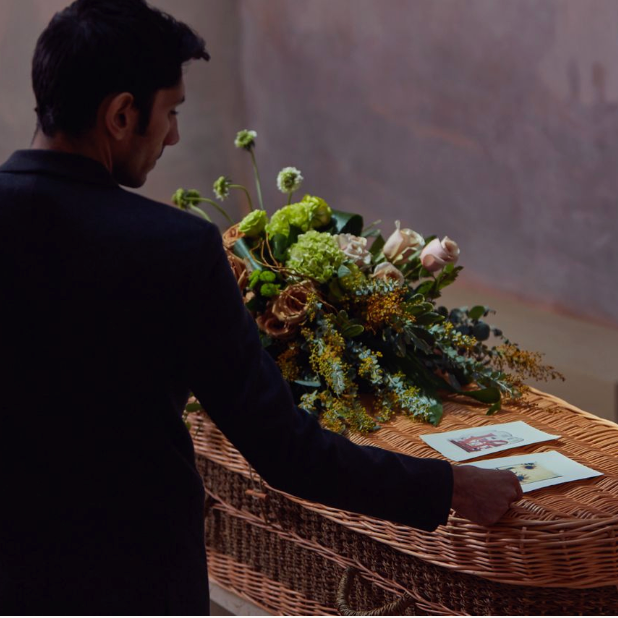Traditionally, funerals have been synonymous with formal services, religious rituals, and communal gatherings to commemorate the life of a departed loved one. However, in recent times, there has been a notable shift toward more intimate and personal expressions of grief. This shift is reflected in the growing trend of funerals without a formal service.
Understanding Funerals Without a Service
Funerals without a formal service involve saying goodbye to a loved one in a more private and personal manner, often without the traditional elements of a structured ceremony. In these instances, families may choose to forego religious rituals, eulogies, or public gatherings, opting instead for a more intimate and quiet farewell.
Reasons for Choosing Funerals Without a Service
Several reasons contribute to the choice of having a funeral without a service:
- Privacy and Intimacy: Some individuals and families prefer a more private environment to grieve and remember their loved one without the presence of a larger audience.
- Personal Preferences: The deceased may have expressed a preference for simplicity and a more low-key farewell, aligning with their personality and values.
- Logistical Challenges: Practical considerations, such as geographical distance or time constraints, may make it challenging to organize a traditional funeral service.
While a formal service may be absent, families often find alternative ways to commemorate their loved one:
- Private Gatherings: Families may choose to gather privately at home or at a place that held significance to the deceased for an informal remembrance.
- Memorial Tributes: Creating a memorial tribute, such as a scrapbook, video montage, or online memorial page, allows friends and family to contribute their memories and reflections.
- Symbolic Acts: Lighting candles, releasing balloons, or planting a memorial tree can serve as symbolic acts of remembrance without the need for a formal service.
While the choice of having a funeral without a service is a departure from tradition, families may still incorporate cultural or religious practices that hold personal significance. These elements can be integrated into private moments of reflection or prayer.
Support and Communication
Communication is key when opting for a funeral without a service. It's important for family members to express their wishes clearly and for friends and extended family to understand and respect the chosen approach. This open communication can help manage expectations and ensure that those who wish to offer support are aware of the family's preferences.
Funerals without a service represent a departure from traditional norms, offering a more personal and private way for individuals and families to navigate the grieving process. Whether driven by a desire for intimacy, personal preferences, or practical considerations, this alternative approach to farewells underscores the evolving ways in which people express their love and honor the memories of those they have lost.





